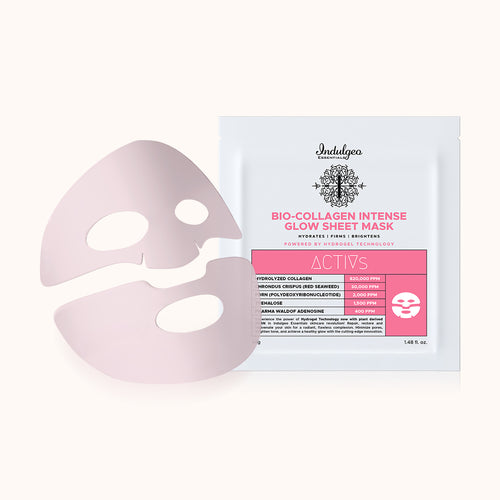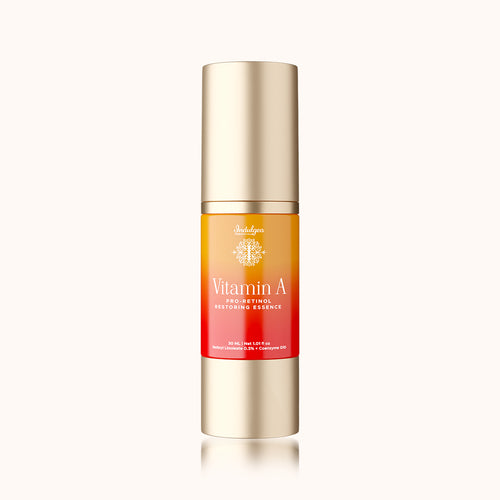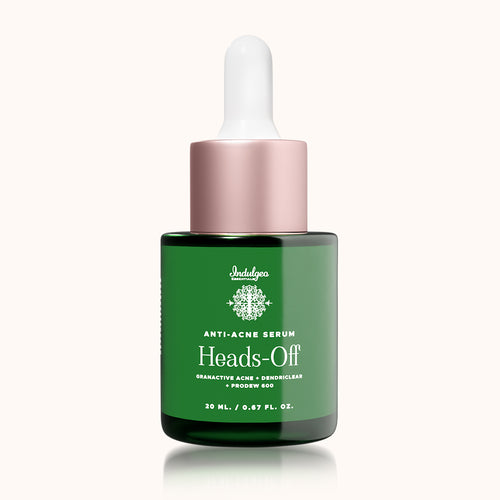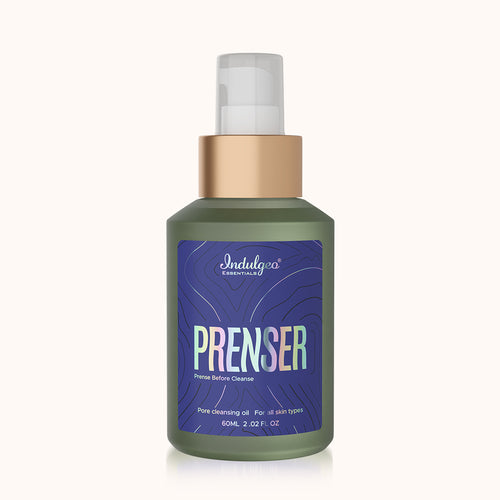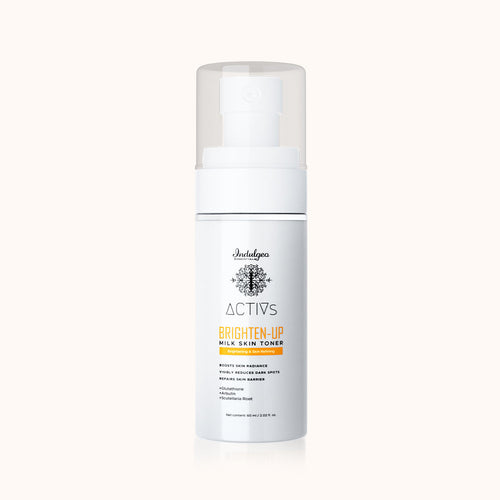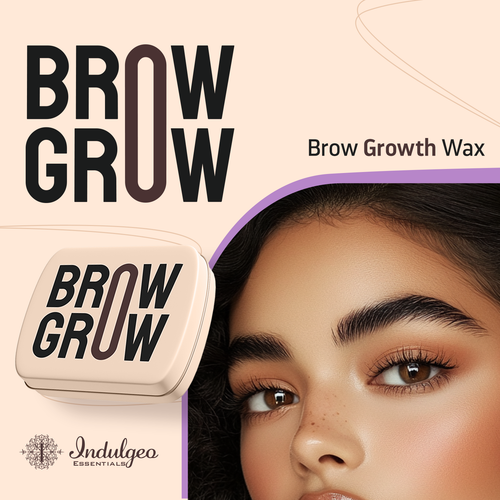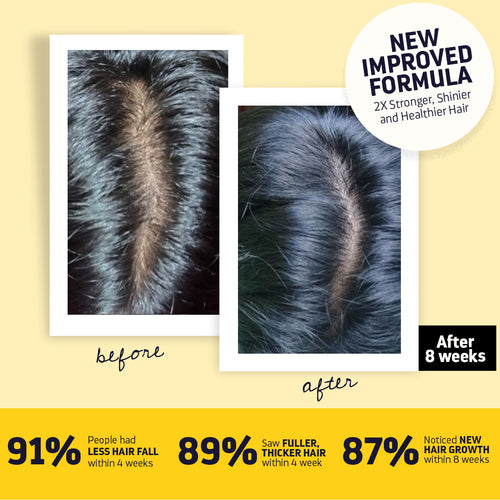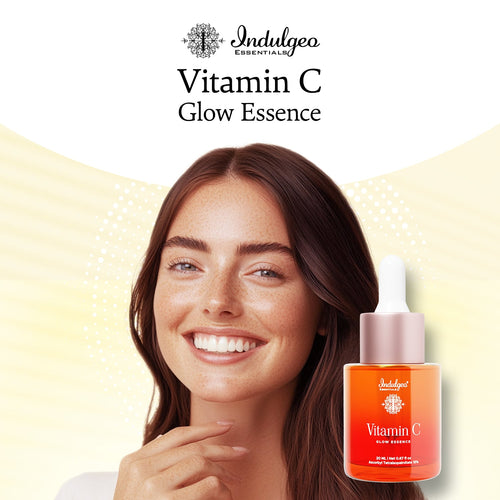What causes Dark Circles and Pigmentation around the Eyes?
Introduction
Dark circles and pigmentation around the eyes can stem from various factors, each contributing to their appearance and severity:
Causes of Dark Circles and Pigmentation
1. Genetics:
Impact: Genetic factors influence skin thickness, tone, and the distribution of blood vessels.
Effect: Thinner skin and variations in pigmentation can affect how light reflects and makes blood vessels under the eyes more noticeable, contributing to dark circles.
2. Lack of Sleep:
Impact: Inadequate sleep leads to poor circulation and blood vessel dilation.
Effect: Dilated blood vessels under the eyes appear darker, causing the characteristic dark circles. Sleep deprivation can also result in paler skin, making underlying blood vessels more visible.
3. Sun Exposure:
Impact: UV radiation increases melanin production and damages collagen and elastin fibers.
Effect: Over time, sun exposure can darken pigmentation around the eyes, contributing to the appearance of dark circles. It also thins the skin, making blood vessels more prominent.
4. Aging:
Impact: With age, skin loses collagen and elastin, becoming thinner and less elastic.
Effect: Thinner skin around the eyes allows blood vessels to become more visible, exacerbating the appearance of dark circles. Loss of fat and bone density around the eyes can also create hollows, casting shadows that contribute to a tired appearance.
Addressing Dark Circles and Pigmentation
Genetics: While genetic factors cannot be altered, using eye creams with ingredients like vitamin C, peptides, and retinol can help brighten and firm the under-eye area.
Sleep: Prioritize adequate sleep to improve circulation and reduce the appearance of dark circles caused by blood vessel dilation.
Sun Protection: Use sunscreen and wear sunglasses to protect the delicate skin around the eyes from UV damage, which can worsen pigmentation and thinning.
Anti-Aging Skincare: Incorporate products that support collagen production and skin elasticity, such as retinoids and antioxidants, to minimize the effects of aging on the under-eye area.
Lifestyle Adjustments
Hydration: Drink plenty of water to maintain skin hydration, which can reduce the appearance of dark circles.
Healthy Diet: Consume a balanced diet rich in antioxidants and vitamins to support overall skin health.
Cosmetic Treatments: Consider options like topical treatments, chemical peels, or laser therapies for more stubborn dark circles and pigmentation issues.
Understanding the causes behind dark circles and pigmentation around the eyes helps in choosing effective prevention and treatment strategies. By addressing contributing factors and incorporating targeted skincare routines and lifestyle changes, individuals can reduce the appearance of dark circles and promote a brighter, more youthful under-eye area.



